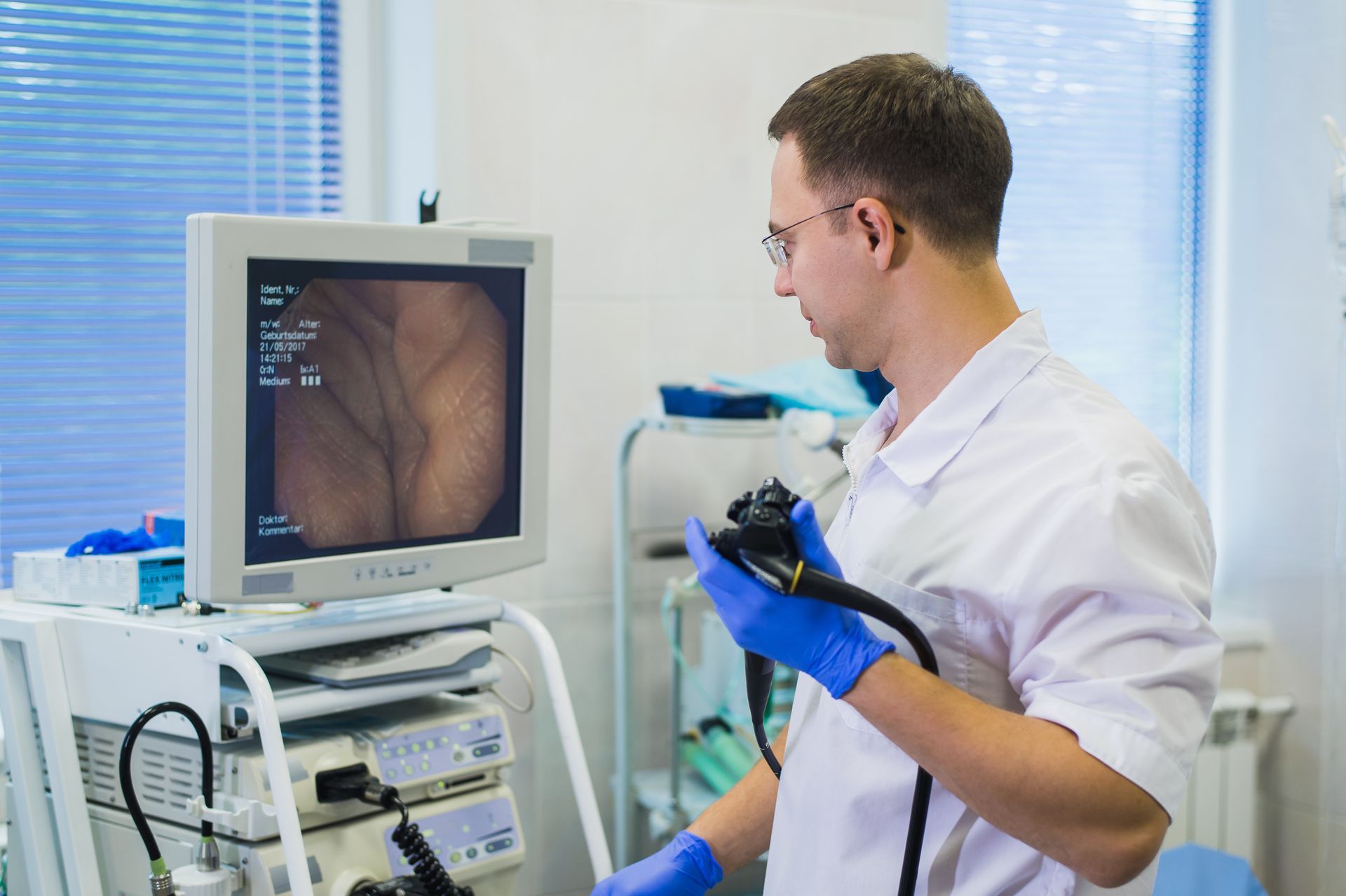The Types, Signs, and Treatment of Esophageal Spasms
Sharp, sudden burning sensations in your chest should always be taken seriously. However, it is also important to know that there are conditions that can create this pain that don’t impact the heart. While heartburn, GERD, and other gastrointestinal issues can cause pain and discomfort in your chest, another less common condition, esophageal spasms, can lead to other problems beyond a sharp, burning sensation.
What is an Esophageal Spasm?
An esophageal spasm is an uncoordinated, unexpected contraction of the muscles in your esophagus. These spasms are considered a motility disorder that interrupts how food would typically move through the digestive tract. If you’ve experienced one esophageal spasm, you are more likely to have more. While not dangerous, these spasms can lead to dysphasia.
What are the Different Types of Esophageal Spasms?
There are two main types of esophageal spasms. They are distinguished by the way they manifest themselves. One is the nutcracker esophagus. The nutcracker esophagus, also referred to as the jackhammer esophagus, is represented by a contorting or twisting of the esophagus.
The other type is known as a diffuse esophageal spasm. Also known as a distal esophageal spasm, this type is more likely to cause the regurgitation of food and liquid.
What are the Causes and Signs of Esophageal Spasms?
While the direct causes of esophageal spasms aren’t entirely known, many underlying conditions can increase your predisposition for developing this condition.
The risk factors include:
- High blood pressure
- GERD
- Being 60-80 years of age
- Depression
- Anxiety
The types of food that you eat can also increase the potential of experiencing a spasm. It can be a specific type of food for some people, but the more common trigger is consuming hot or cold foods.
Extreme pain is the most distinct sign of an esophageal spasm. Vomiting and trouble swallowing can also point to spasms as well.
How are Esophageal Spasms Treated?
If you’ve experienced these symptoms or have had an esophageal spasm, there are ways to treat this condition. As these are spasms of the esophagus muscles, the signals sent from the nervous need to be corrected. There are several ways to achieve this. Natural muscle relaxants can reduce the severity of these spasms. Also, calcium channel blockers and proton pump inhibitors can block these inappropriate signals that cause the spasms.
Your gastrointestinal health is critical to your quality of life and overall well-being. This is why the expert staff at Digestive Diseases Center is here for all of your digestive needs.
CONTACT
850-763-5409
ADDRESSES
4 LOCATIONS
204 E 19th Street, B, Panama City
12216 Panama City Beach Pkwy, D, Panama City Beach
4295 3rd Ave, Marianna
101 Good Morning St., 109B, Port St. Joe
Subscribe to our newsletter:
subscribe to our newsletter
We will get back to you as soon as possible.
Please try again later.



